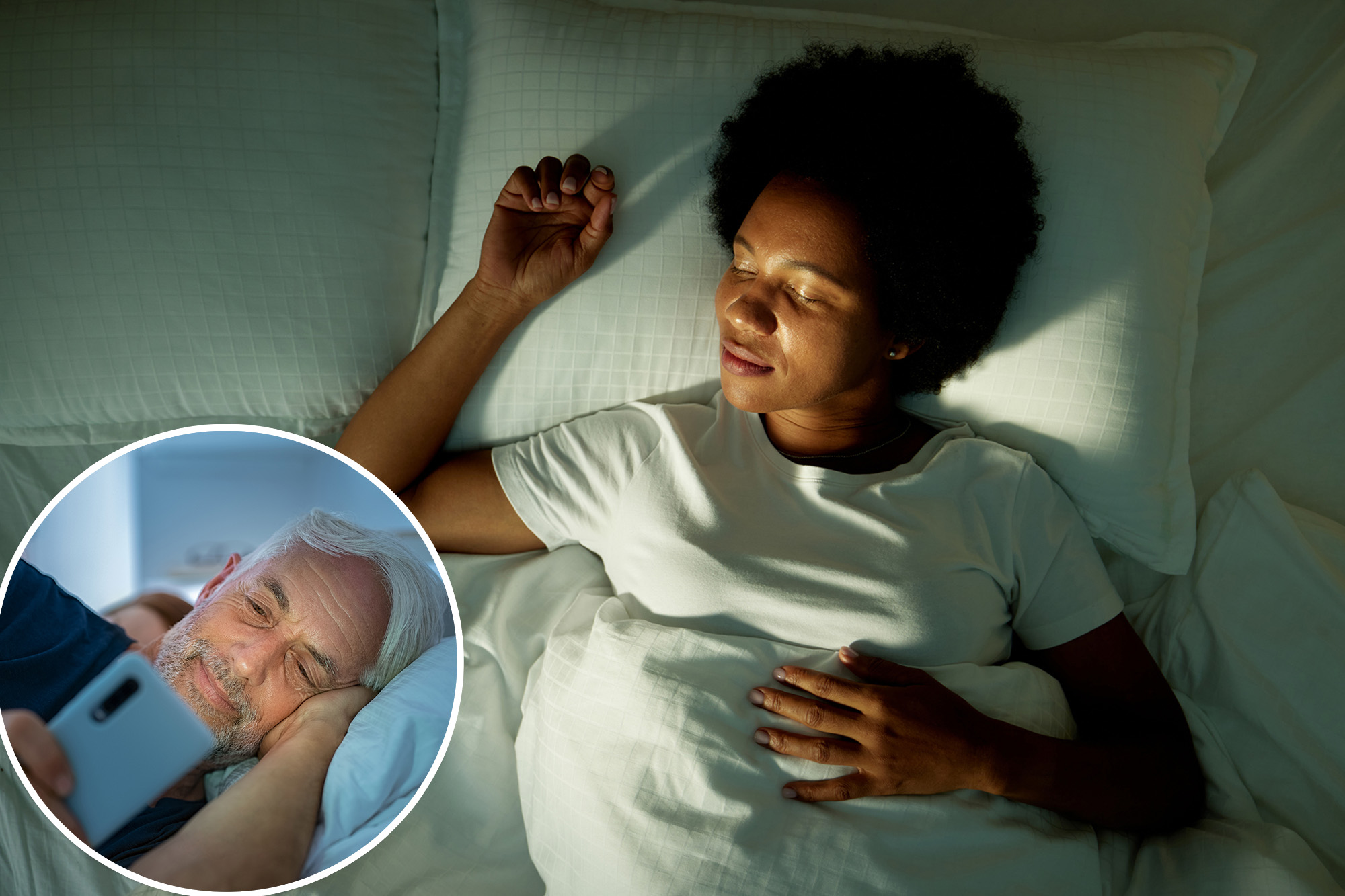
Blue light often gets a bad rap, perhaps because most of what we know about it is that it wreves in our sleep.
But new research suggests that exposure to blue light can actually help older people dive better. Capture? Time is everything.
A new study in the diary Geroscience found that exposure of seniors to blue during the day can help them fall asleep faster and sleep more at night.
The researchers tested different lighting conditions for participants 50 to 81 years old for 11 weeks, analyzing sleep quality and brain activity.
Those exposed to the highest levels of blue light during the day showed significant improvements on how quickly they left and how long they spent in a deep state, restore resting.
The benefits were only applicable when participants were exposed to blue light for a few hours in the morning – while the exposure of blue light in the evening led to more bedding and poor general sleep quality.
Adult sleep patterns naturally vary with age, often resulting in less deep sleep and more frequent nightly waking.
“As we grow old, our Circadian rhythm shifts to what is called a” phase progress “means that we naturally feel sleepy earlier,” Dr. Dylan Petkus, a sleep specialist and founder of optimal circadian health in Florida, previously told the post.
“It’s not just preference, your body clock is changing.”
Some of the most disappointing aspects of age changes in age are due to reduce mobility, which means taking less sunlight-an essential component of good sleep and spend more time before artificial light at night.
These are habits that you can control – and this study shows that taking most of your blue light activity from the street in the morning, soaking a little sunlight during the day and staying away from the screens at night can be the key to success.
“Our research shows that light interference with time can carefully be a powerful tool to improve sleep and daily activity in healthy adults,” said study co -author Daan der Veen, a high sleep lecturer and chronobiology at the University of Surrey in the United Kingdom.
“Focusing on the blue light of the morning and maximizing the exposure of daylight, we can help older adults achieve more soothing sleep and maintain a healthier, more active lifestyle.”
Research offers a relatively easy, non-farmeceutic approach to ensure that older people get a good night’s sleep.
“We believe this is one of the first studies that has seen the effects of light self-administered therapy on healthy adults who live independently, to help help their daily sleep and activity,” said lead author Débora Constantino, a postgraduate study student.
“He underlines the potential for accessible and affordable light -based therapy to address sleep issues without the need for medication.”
Blue light can improve readiness, help with cognitive memory and function, and increase mood.
But it can also suppress melatonin production – a hormone that helps you fall asleep.
As such, Fernanda Fanek, director of the Long Island Jewish Dance Stream Hospital, recommends not only avoiding screens at night, but keeping your phone well off wing.
“This limits exposure to blue light,” she told the post first.
“Having the phone away will ask you to get out of the bed to turn off the alarm and less likely to return to it and grab it several times, which will help you adhere to your awakening schedule.”
#Blue #light #older #adults #sleep #exposure #time
Image Source : nypost.com